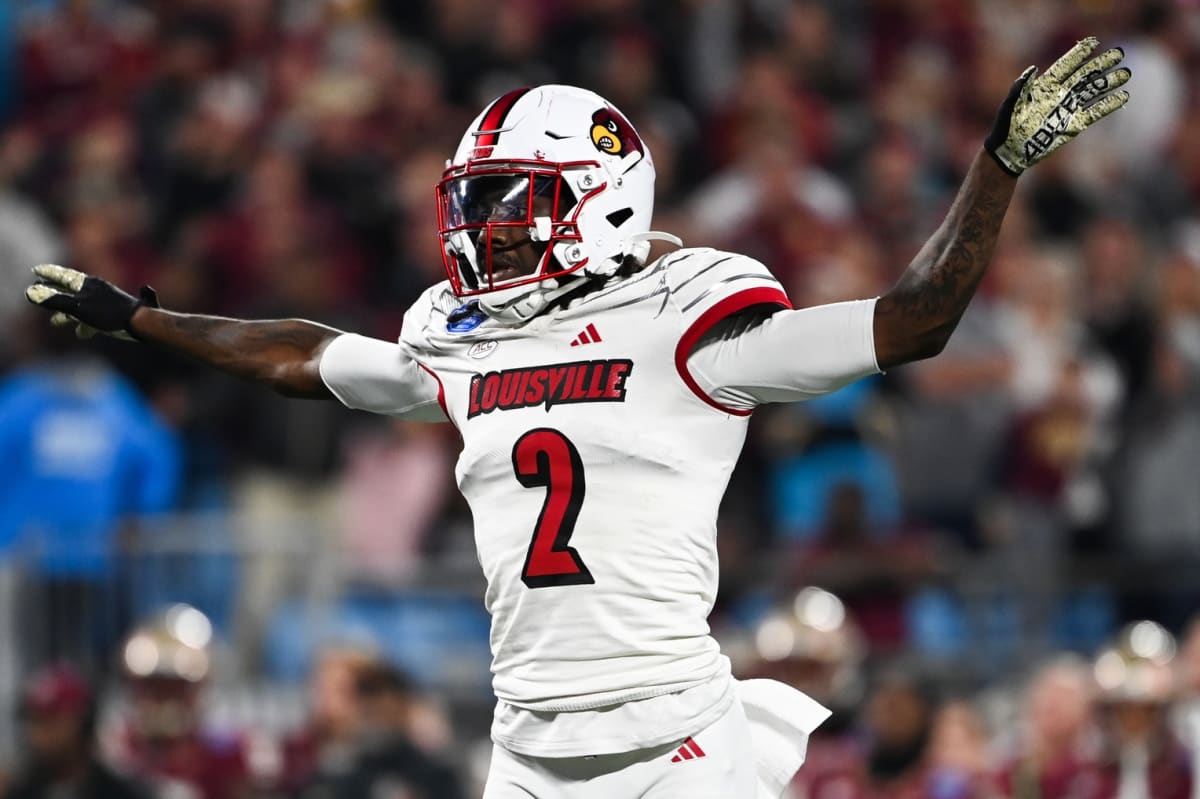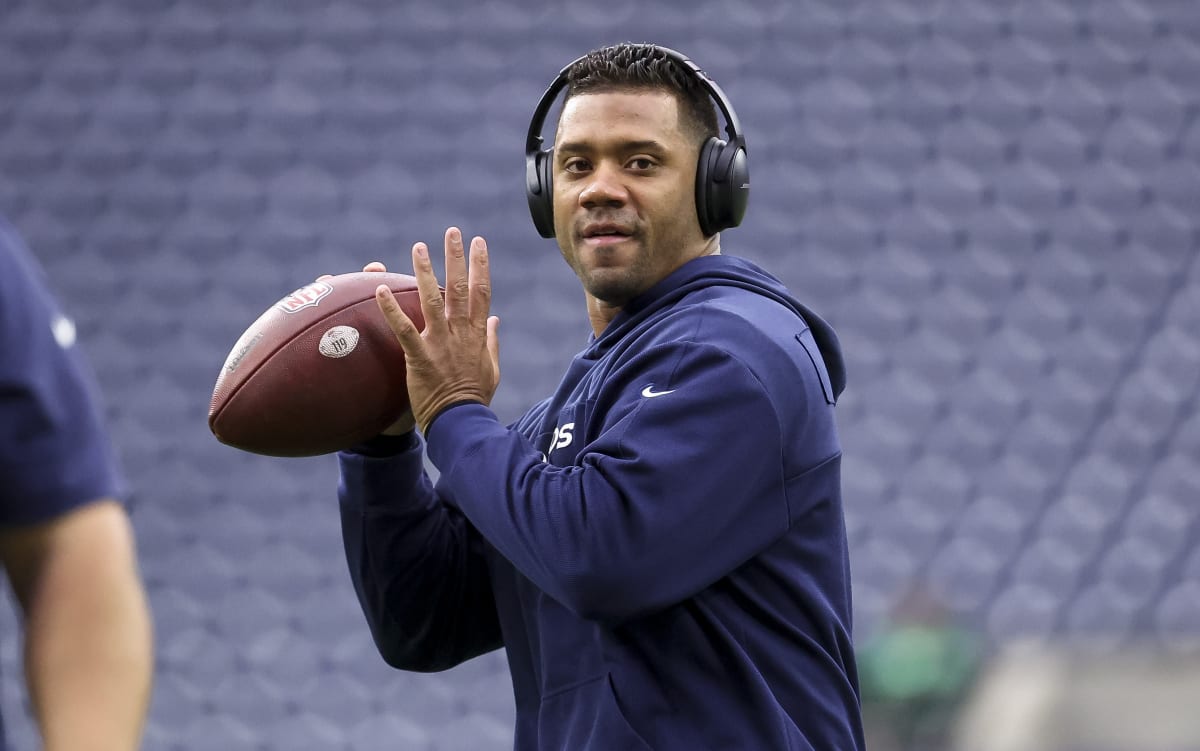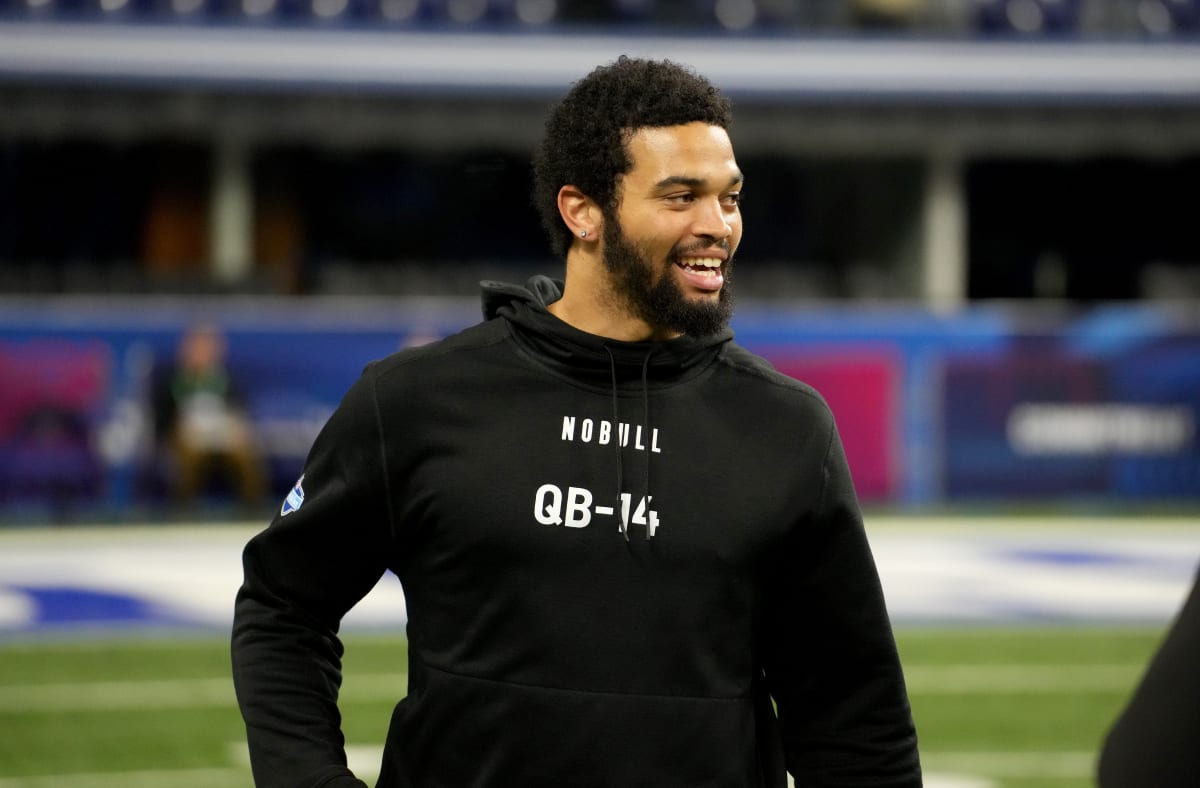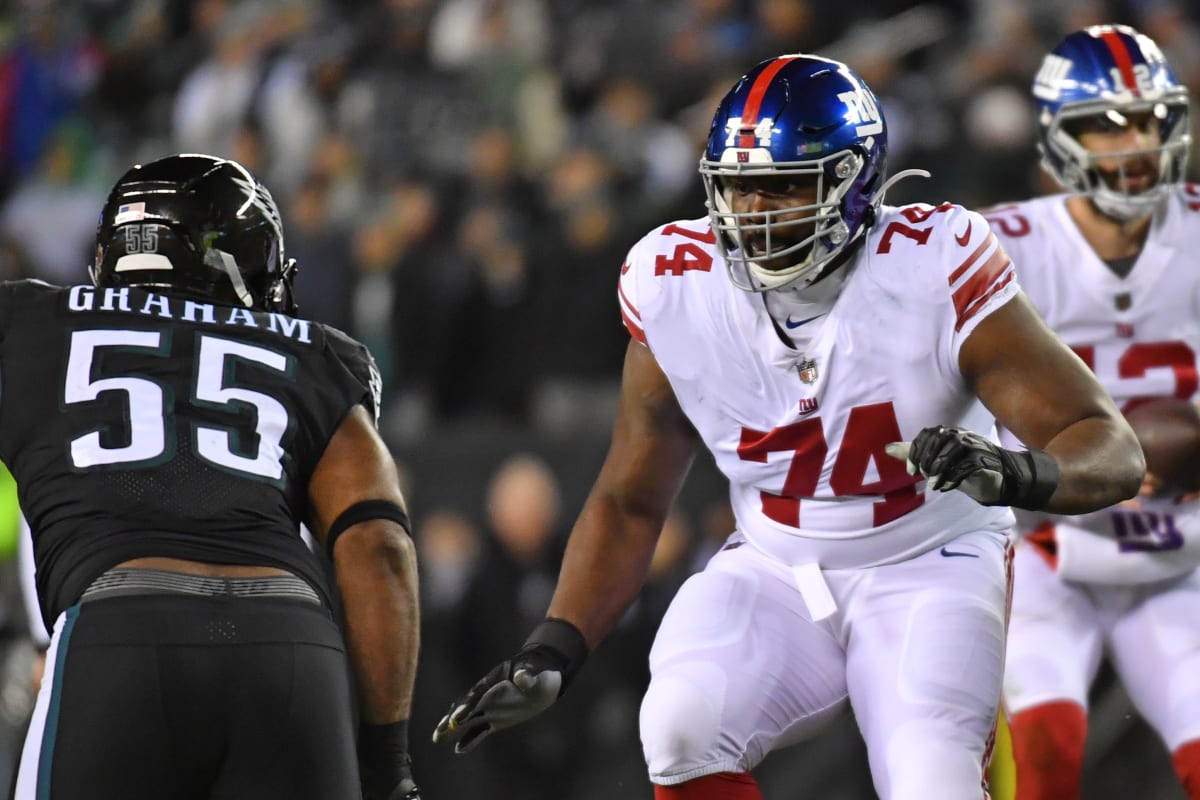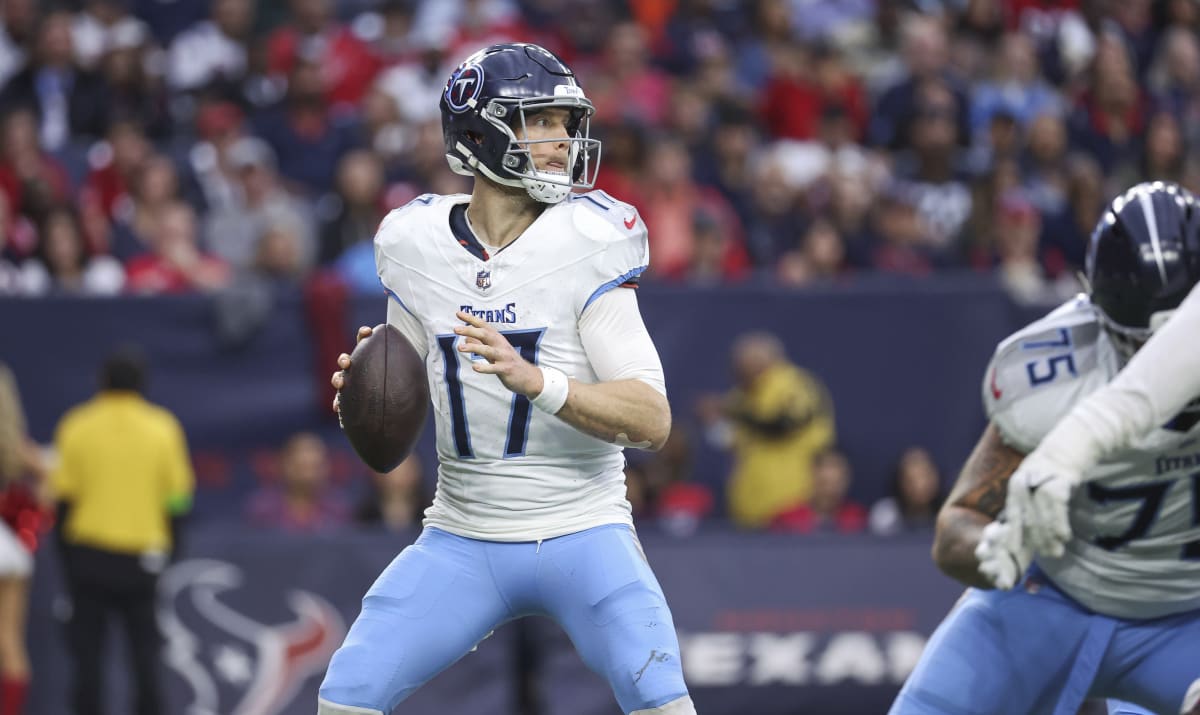CHARLESTON, W.Va. (AP) — A federal lawsuit filed by a group of states including Colorado alleges the NCAA’s transfer rule for college athletes violates antitrust law.
The lawsuit, filed in West Virginia’s northern district, challenges the NCAA’s authority to impose a one-year delay in the eligibility of certain athletes who transfer between schools. The suit said the rule “unjustifiably restrains the ability of these college athletes to engage in the market for their labor as NCAA Division I college athletes.”
The lawsuit filed by West Virginia and six other states alleges violations of the Sherman Act.
“The spirit of athletic competition at the heart of college sports is undermined by this rule, which is another in a long line of NCAA policies that courts have overturned for harming the rights of athletes to develop freely and fairly,” Colorado Attorney General Phil Weiser said in an emailed release. “By restricting mobility of athletes, the NCAA is adversely hindering student athletes from finding the best opportunities for themselves. We support having all of our Colorado higher education institutions to be able to recruit and build their best possible teams without the transfer restrictions.”
NCAA rules allow underclassmen to transfer once without having to sit out a year. But an additional transfer as an undergraduate requires the NCAA to grant a waiver allowing the athlete to compete immediately. Without that waiver, the athlete would generally have to sit out for a year at the new school.
But the NCAA this year has implemented stricter guidelines for granting those waivers for second-time transfers, reviewed on a case-by-case basis.
NCAA responds to transfer rule lawsuit
“The NCAA is disappointed in the decision by seven state attorneys general to bring legal action — with the tacit support of a small number of schools — the result of which could potentially mean team rosters changing monthly or weekly,” NCAA spokeswoman Saquandra Heath said in a statement. “The NCAA believes that if a member school objects to a rule or policy, that member should propose alternative rules that apply to everyone, not turn to lawsuits to bypass the system they designed.”
The NCAA’s transfer rule “artificially deters players and teams from achieving optimal matches by forcing college athletes to weigh the one-year ineligibility period against the benefits of moving to a better matched school. It is ironic that this rule, stylized as promoting the welfare of college athletes, strips them of the agency and opportunity to optimize their own welfare as they see fit,” the lawsuit said.
The suit seeks a temporary restraining order against the NCAA from enforcing the transfer rule. Some believe it could create a disastrous ripple effect within school programs.
“When you lose your three-star and four-star athletes, it’s a big deal,” said Darrin Duber-Smith, a sports marketing professor at Metropolitan State University of Denver. “So it’s really the stability of the schools, and it took years and years and years for this compromise to really come forth. So this is sort of asking for more, and now it’s like, we want the athletes to be able to transfer really at will, any time they want, and I don’t think that was ever the original intent.”
The other states involved in the lawsuit are Illinois, New York, North Carolina, Ohio and Tennessee.
FOX31’s Gabby Easterwood contributed reporting.





